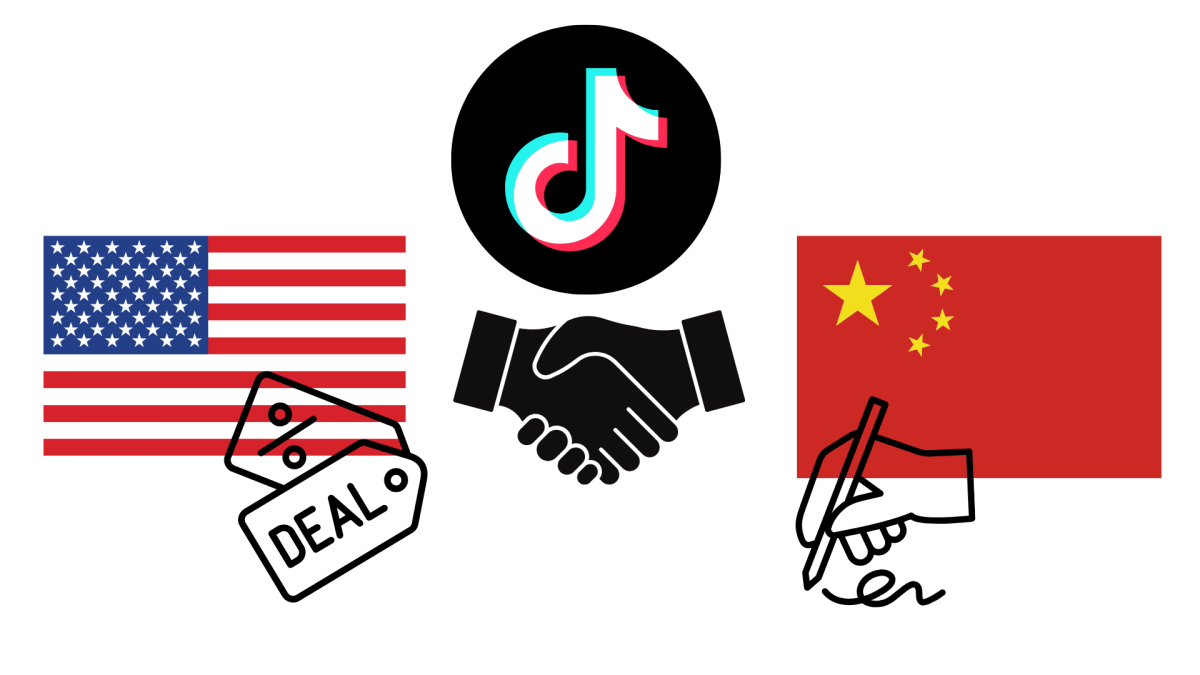On Oct 1. at 12:01 p.m. the U.S. government was officially shutdown as a result of the democratic party refusing to pass the bill that would fund government services through October and beyond.
The theories for why the democrats refused to vote for the bill vary, but two of the most believed reasons are that the proposed bill didn’t include enough funding in regards to healthcare for Americans, or that the democrats are simply just trying to rebel against Trump, and this was the best way they thought they could.
“I think that the shutdown was caused by ongoing partisanship, which makes it pretty difficult to come to a compromise and consensus in congress,” history teacher Lauren Velazquez said.
Ezekiel Wilson-Porter, a senior at Niles North also gives his opinion on the matter. “I think this shows that the Republican party is a party that is willing to weaponize the future of people and is willing to risk the deaths of many people and no longer pay them for their labor in order to get their goals accomplished.”
When a shutdown occurs, there are multiple government services that are affected as a result. For example, many government workers that are deemed non-essential are placed on unpaid leave, or will continue working unpaid. Food assistance programs such as Supplemental Nutrition Assistance Program (SNAP) will likely be reduced or closed, and other government services like national parks are often closed due to loss in staffing.
For students, Free Application for Federal Student Aid (FAFSA) and other pell grant/loan programs are often slowed or shut down due to lack of funding. They may also find themselves losing access to before or after school programs that are federally run.
As of right now, it is unknown when the shutdown is ending. The last shutdown in the U.S. was from Dec. 22-Jan 25 2018-2019, lasting a total of 35 days. During this shutdown, the (Congressional Budget Office) CBO estimated that the economy lost about $11 million dollars.
The effects of the current shutdown are still unknown being only a few weeks in.
“I don’t know that I think it [the shutdown] is going to be worse,” Velazquez said. “I think it’s just a symptom of a larger problem. There’s a lot of important things that need to happen in our country, and is congress going to be able to come together and pass laws?”









